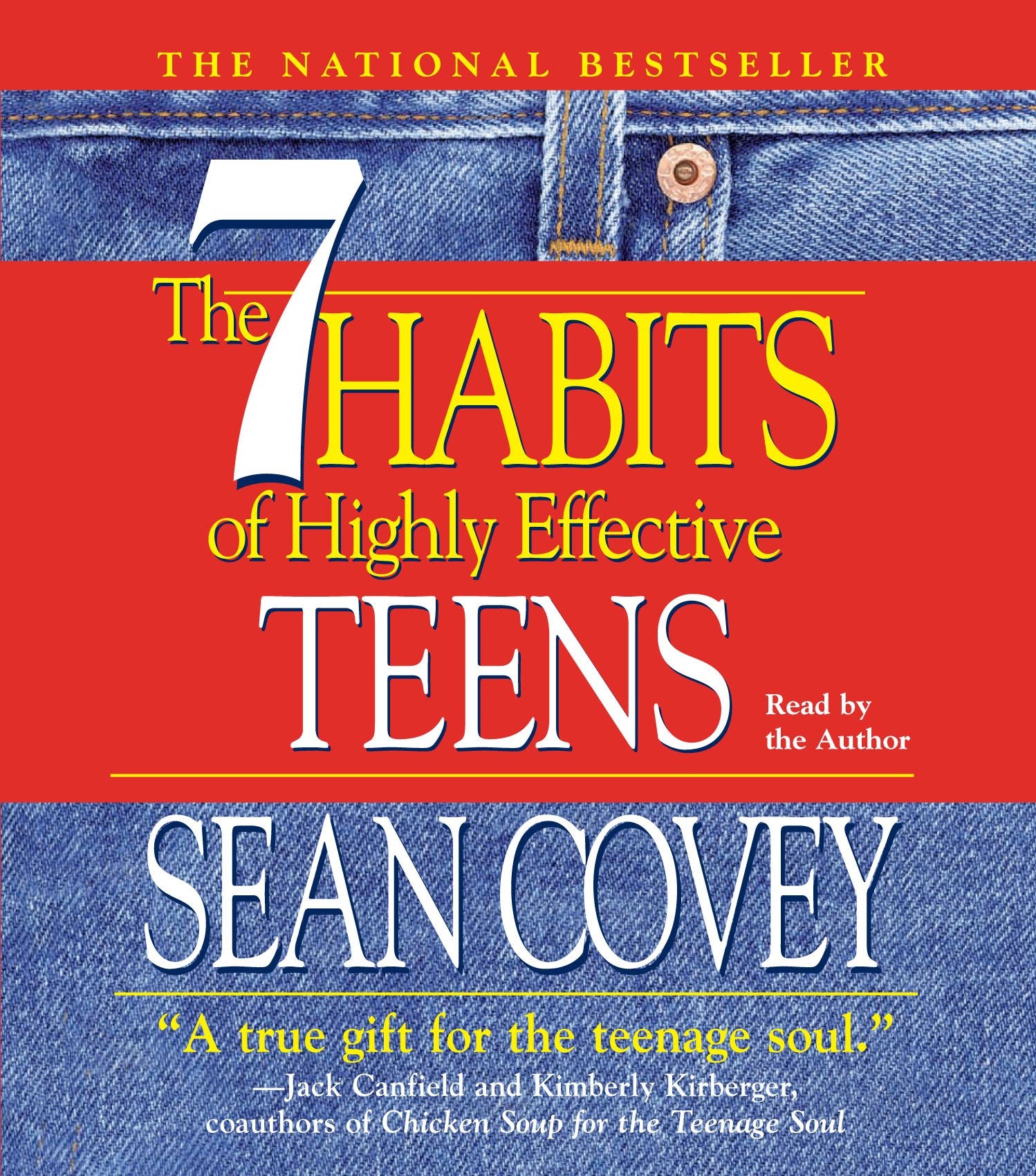

^ "YOUNG LEADERS LEARN 7 SECRETS OF SUCCESS IN AN INNOVATIVE MIDDLE SCHOOL CLASS, STUDENTS ARE TAUGHT HOW TO BECOME "HIGHLY EFFECTIVE TEENS." ".^ "Review: The 7 Habits of Highly Effective Teens".^ "Son's 'Highly Effective' book gives Mom hope".Archived from the original on 23 February 2013. ^ "2000 Popular Paperbacks for Young Adults".Archived from the original on 24 January 2013. ^ "PW: Bestsellers of 1999-Paperback: The Usual Suspects Prevail".Archived from the original on 31 January 2013. ^ "Guiding the way Adolescents' self-help books could lead to improvement, problem solving".^ "SURVIVAL TIPS FROM 'RETIRED' TEEN".

The 7 Habits of Highly Effective Teens has also been praised by several psychologists, although according to the Handbook of Self-Help Therapies the book has not been thoroughly tested as a part of a treatment plan. AudioFile gave the audiobook a positive review, citing Covey's narration as a highlight. A reviewer for the New Straits Times commented that the book's writing was "fun and lively" and called it a "fruitful read". Reception for the book has been positive, with some schools including the text in their lesson plans. The habits range from being proactive in every aspect of one's life to planning and prioritizing one's daily life and responsibilities. In the book Covey discusses how teenagers can become more independent and effective by following seven basic habits. In 2000 The 7 Habits of Highly Effective Teens was named as one of the YALSA's "Popular Paperbacks for Young Adults". In 1999 Covey released a companion book entitled Daily Reflections For Highly Effective Teens. The book was published on Octothrough Touchstone Books and is largely based on The Seven Habits of Highly Effective People. Watch out for the competing and comparing unless it’s against yourselfĥ.The Seven Habits of Highly Effective Teens is a 1998 bestselling self-help book written by Sean Covey, the son of Stephen Covey.



 0 kommentar(er)
0 kommentar(er)
